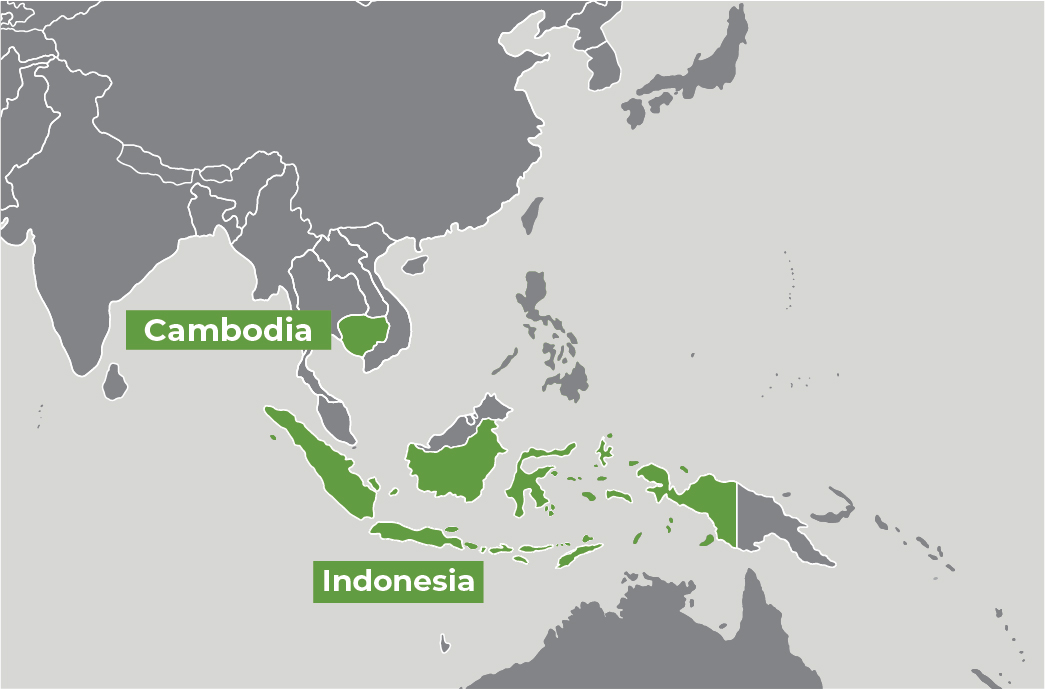Overview
This small research activity aims to identify the benefits and costs of using a South-South triangular cooperation approach to research, as distinct from the traditional North-South approach.
The activity will evaluate 2 previous ACIAR-funded projects to understand the effectiveness of the South-South modality.
South-South triangular cooperation is advocated as a development tool to promote productive, inclusive and sustainable agricultural practices and achieve development outcomes such as improved food security and livelihoods. However, there is lack of sufficient and reliable data and a shortage of practical experiences of this modality reported in development literature.
Two ACIAR-funded projects that employed a South-South triangular cooperation modality were: 'Accelerating the development of finfish mariculture in Cambodia through South-South research cooperation with Indonesia' (FIS/2016/130) and 'Evaluating processes and outcomes in South-South research collaboration - finfish mariculture development in Cambodia through cooperation with Indonesia' (FIS/2018/115).
The proposed evaluation of the research partnership includes the 3 partners: Cambodia as the beneficiary partner, Indonesia as the pivotal partner and Australia as the facilitating partner. The evaluation will identify the key elements (including principles, methodologies and lessons learned) of the South-South triangular cooperation modality that contributed to success in the projects.
The activity will provide development agencies with evidence of the benefits, opportunities and limitations of wider use of South-South triangular cooperation and inform the development a suitable implementation and monitoring frameworks to support agricultural research-for-development.




